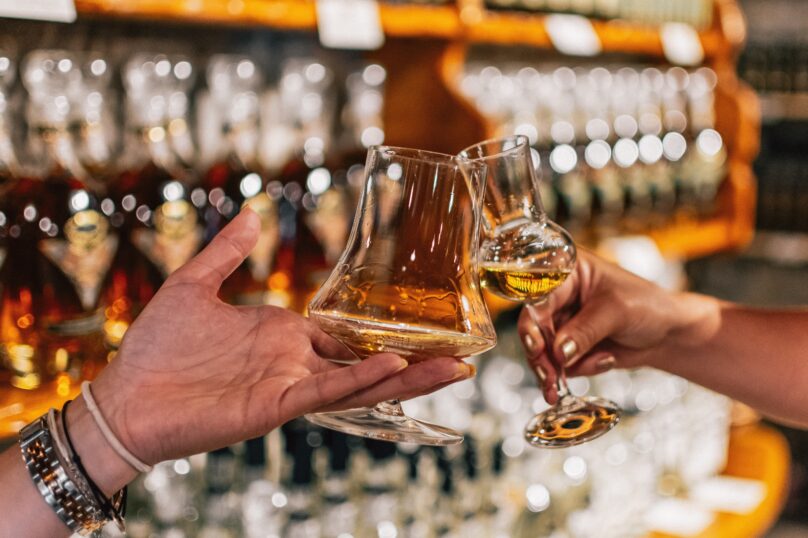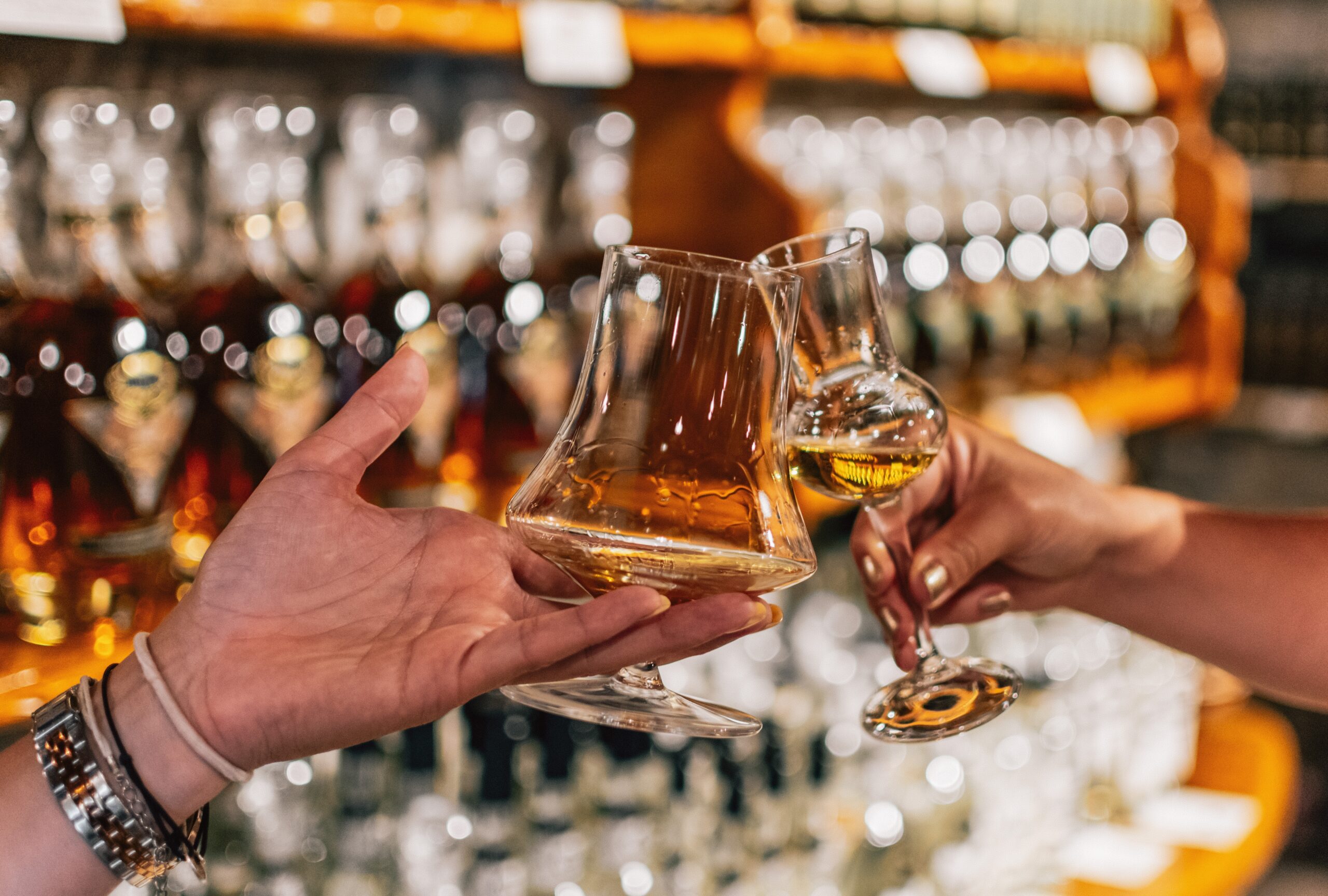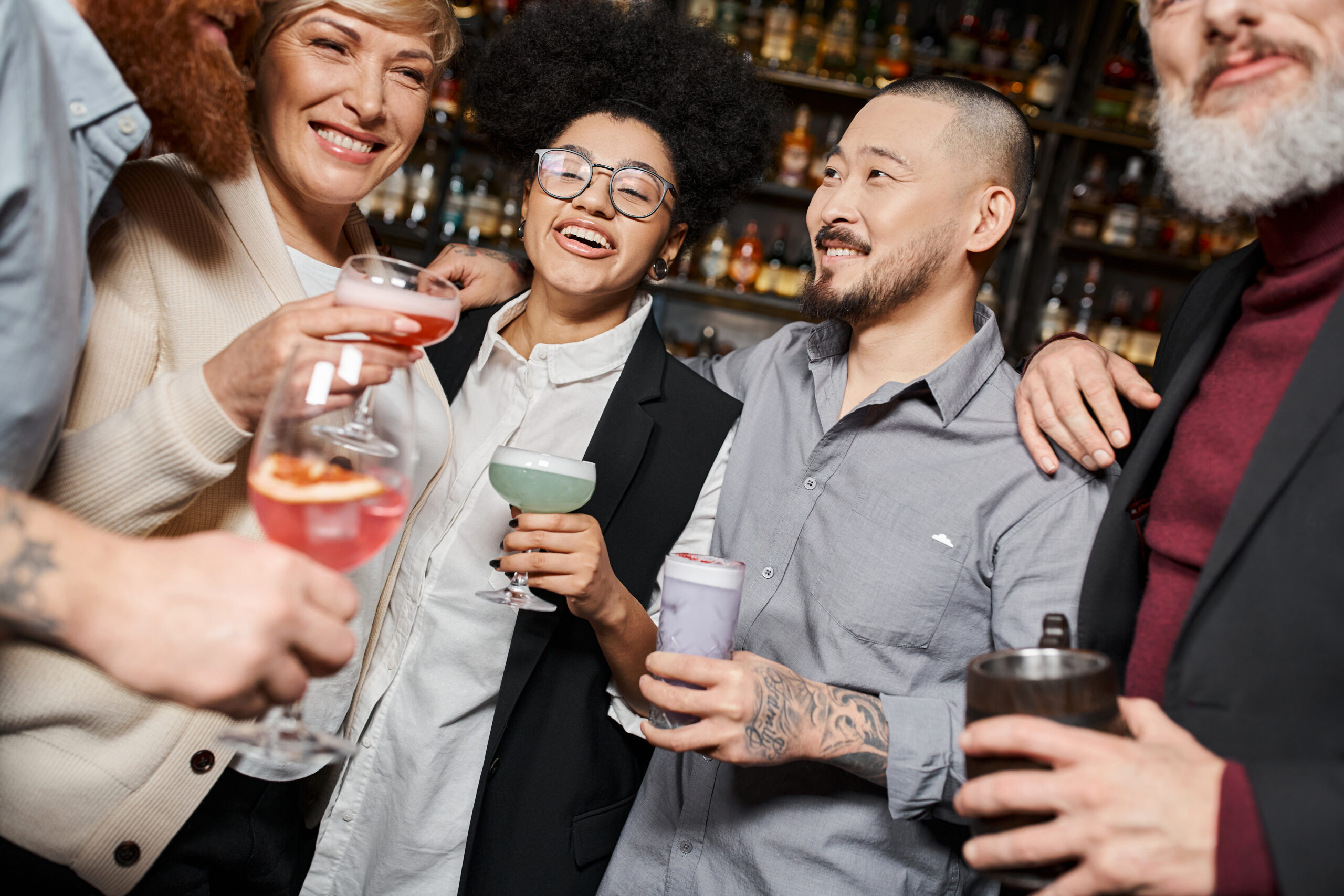Why Japan Is the Best Market for Premium Whisky, Wine, and Craft Spirits

Japan has become one of the most influential markets in the global alcohol industry. Known for its sophisticated drinking culture and deep appreciation of craftsmanship, the country is especially welcoming to premium whisky, fine wine, and craft spirits. International brands eye Japan not just for its purchasing power but also for the prestige that comes with being accepted in such a discerning market.
If you’re considering expanding your alcohol brand, here’s why Japan stands out as the best destination for premium drinks.
1. A Culture That Respects Craftsmanship
The Japanese concept of “shokunin” (mastery of craft) plays a central role in their consumption choices. Consumers in Japan value authenticity, heritage, and precision.
-
Premium Whisky: Japanese drinkers appreciate single malts, aged blends, and rare editions. Imported Scotch and Irish whiskies perform strongly alongside homegrown Japanese whisky.
-
Fine Wine: French and Italian wines dominate, but demand for new-world wines is growing, particularly among younger consumers.
-
Craft Spirits: Gin, rum, tequila, and artisanal liqueurs are gaining popularity thanks to Japan’s cocktail culture.
👉 Takeaway: Brands that highlight their craftsmanship, heritage, and unique story resonate with Japanese buyers.
2. Rising Demand for Premium Alcohol
While overall alcohol consumption in Japan has declined slightly due to lifestyle changes, premium alcohol sales are booming. Consumers are drinking less frequently but are spending more on high-quality options.
-
Whisky: Japan is the world’s third-largest whisky market by value.
-
Wine: Imported wine sales continue to rise, especially sparkling wine and rosé.
-
Craft Spirits: Bars and restaurants increasingly seek niche products to differentiate their menus.
👉 This “less but better” trend makes Japan a perfect market for premium-positioned brands.
3. The HORECA Industry as a Gateway
Japan’s HORECA sector (Hotels, Restaurants, Cafés, and Bars) is one of the most sophisticated in the world. Luxury hotels, Michelin-starred restaurants, and world-famous cocktail bars play a major role in shaping consumer choices.
-
High-end bars in Tokyo, Kyoto, and Osaka are trendsetters for new spirits.
-
Sommeliers and mixologists act as brand ambassadors.
-
Hotels and fine dining establishments prioritize premium wines and whiskies.
👉 Strategy Tip: Focus on on-trade channels first (bars, hotels, restaurants). Success here builds credibility and boosts off-trade (retail) demand.
4. Growing Cocktail and Mixology Culture
Japan is famous for its precision bartending, where cocktails are crafted with art and discipline. This culture creates a fertile ground for premium and craft spirits.
-
Japanese bartenders are highly respected and often influence consumer preferences.
-
Innovative cocktails featuring gin, tequila, and rum are trending.
-
Seasonal cocktails using local ingredients are paired with imported spirits.
👉 For craft spirit brands, engaging directly with bartenders can drive long-term growth.
5. Economic Strength and Willingness to Pay
Japan is the third-largest economy in the world, with a strong middle and upper-class consumer base. Despite economic fluctuations, premium alcohol continues to perform well because:
-
Japanese consumers associate premium drinks with status, quality, and celebration.
-
Corporate gifting culture boosts sales of high-end whisky and wine.
-
Tourists add extra demand in luxury venues.
👉 Japan offers not just volume but also profitability, thanks to higher margins on premium imports.
6. Regulatory Environment That Protects Quality
Unlike some markets flooded with counterfeit or low-quality imports, Japan has strict import and labeling regulations. This ensures that only serious, high-quality brands enter the market, protecting the reputation of premium alcohol.
-
Labels must include alcohol percentage, importer details, and Japanese translations.
-
Taxes vary by product type, but premium positioning justifies the pricing.
-
Partnerships with licensed importers and distributors are essential.
👉 The result: a safer, more premium-driven marketplace.
7. Market Entry Opportunities for Brands
For whisky, wine, and craft spirit brands, there are multiple ways to enter Japan:
-
Distributors & Importers: Partner with established companies who already supply luxury bars and restaurants.
-
Trade Shows: Events like Foodex Japan and Wine & Gourmet Japan provide excellent exposure.
-
Direct HORECA Partnerships: Pitch your brand directly to bars, hotels, and restaurants seeking unique offerings.
-
E-Commerce & Retail Expansion: Once brand awareness builds, expand into specialty liquor shops and online stores like Rakuten.
8. Challenges to Consider
While Japan offers incredible potential, brands must prepare for challenges:
-
High competition from global giants and domestic producers.
-
Need for long-term investment—brand recognition takes time.
-
Cultural nuances—marketing must be localized and respectful.
👉 Success comes with patience, consistency, and cultural understanding.
Conclusion
Japan is not just another alcohol market—it is a benchmark for global success. The combination of craftsmanship appreciation, rising demand for premium products, world-class HORECA venues, and strong consumer purchasing power makes it the best destination for premium whisky, fine wine, and craft spirits.
For alcohol brands willing to adapt, invest, and build relationships, Japan offers both prestige and profitability. Getting your bottle behind a Japanese bar or on a sommelier’s wine list isn’t just a sales milestone—it’s a stamp of global credibility.



